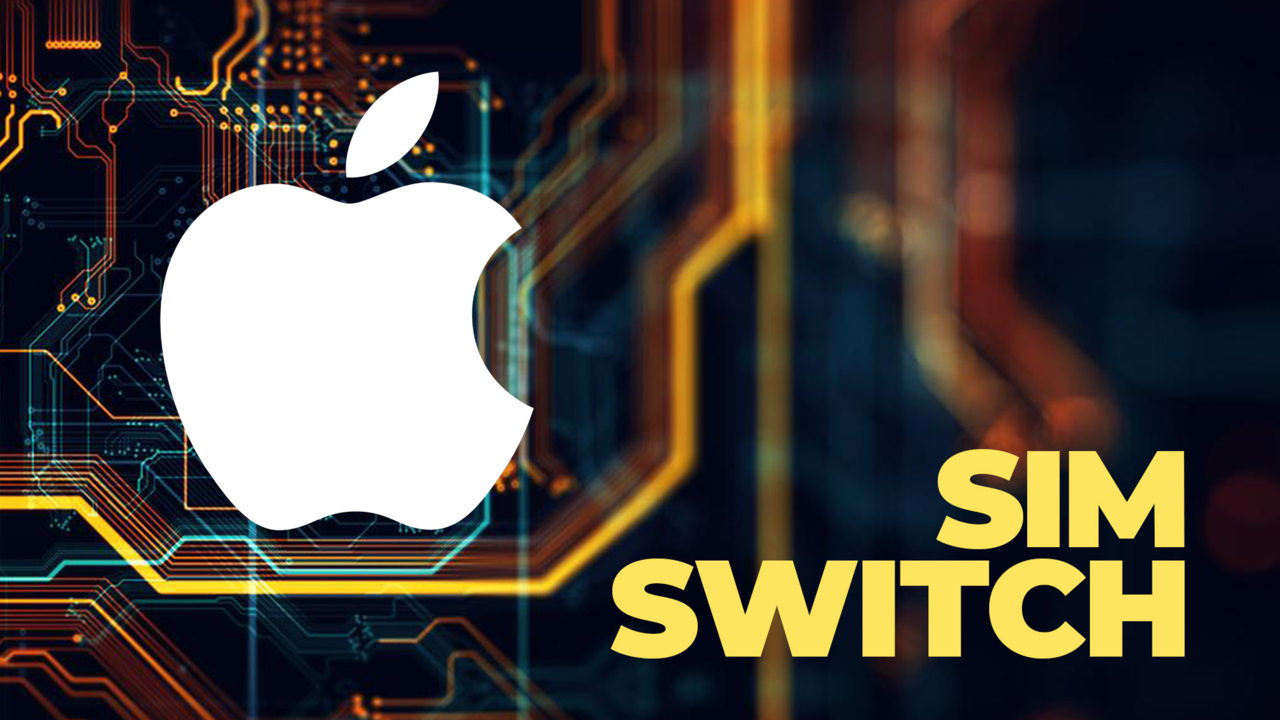
Brent Jabbour:
Apple just unveiled the new generation of Iphone.
You’ve surely heard about the innovations like a fancy 48 megapixel camera on the pro model, upgraded chipsets and even Emergency SOS via Satellite.
But here’s something that went under the radar.
Kaiann Drance:
“Now, for the first time, all U.S. models no longer have the sim tray.”
A sim card is a portable memory chip that holds your phone carrier information, essentially tying your plan to the device.
eSim technology is all digital and used by a number of other smartphone makers.
Hartley Charlton, the Editor at MacRumors says the move will ease the process of switching devices or mobile carriers…
Hartley Charlton:
“they want a much cleaner setup experience so that you just simply hold your old phone near your new phone and over Bluetooth that eSim information just transfers over, it’s nice and easy.”
Brent Jabbour
While most major carriers throughout the world support eSim, Right to repair advocate Kyle Wiens raises a concern.
Kyle Wiens:
“most folks in the US and maybe Europe, you get a SIM card, once you stick it in your phone, you forget about it. But that’s not how the developing world works. every street vendor sells SIM cards and people swap them around a lot.”
Brent Jabbour:
With infrastructure globally lacking, what is Apple’s motivation for making the move now?
Hartley Charlton:
“When the iPhone is sort of reaching its limits in terms of its feature set, gaining a bit of internal space is very valuable. Although that can’t fully take place with the iPhone 14, because it’s only in the US that this has taken place.”
Kyle Wiens:
“They could, they could put batteries there like a headphone jack there. What they should do is put a micro SD card there.”
Brent Jabbour:
Even with these growing pains, widespread eSim adoption in smartphones appears inevitable.
Kyle Wiens:
Apple is sort of dragging the carrier world into the future here.”
“And I think the first year is going to be painful because most solid networks, cell carriers around the world don’t support eSim, but they should, they just need to get their systems in place.”
Hartley Charlton:
“Certainly within the next five years, I think we can see the SIM card, the physical SIM card being almost completely phased out.”
Brent Jabbour:
If you’re a jetsetter and concerned this could put a damper on connectivity, there’s a simple solution, hold off on the upgrade.
Kyle Wiens:
“Anyone buying a phone should really probably be thinking in the four to five year time horizon.”
“These things are not getting dramatically better every generation.”










